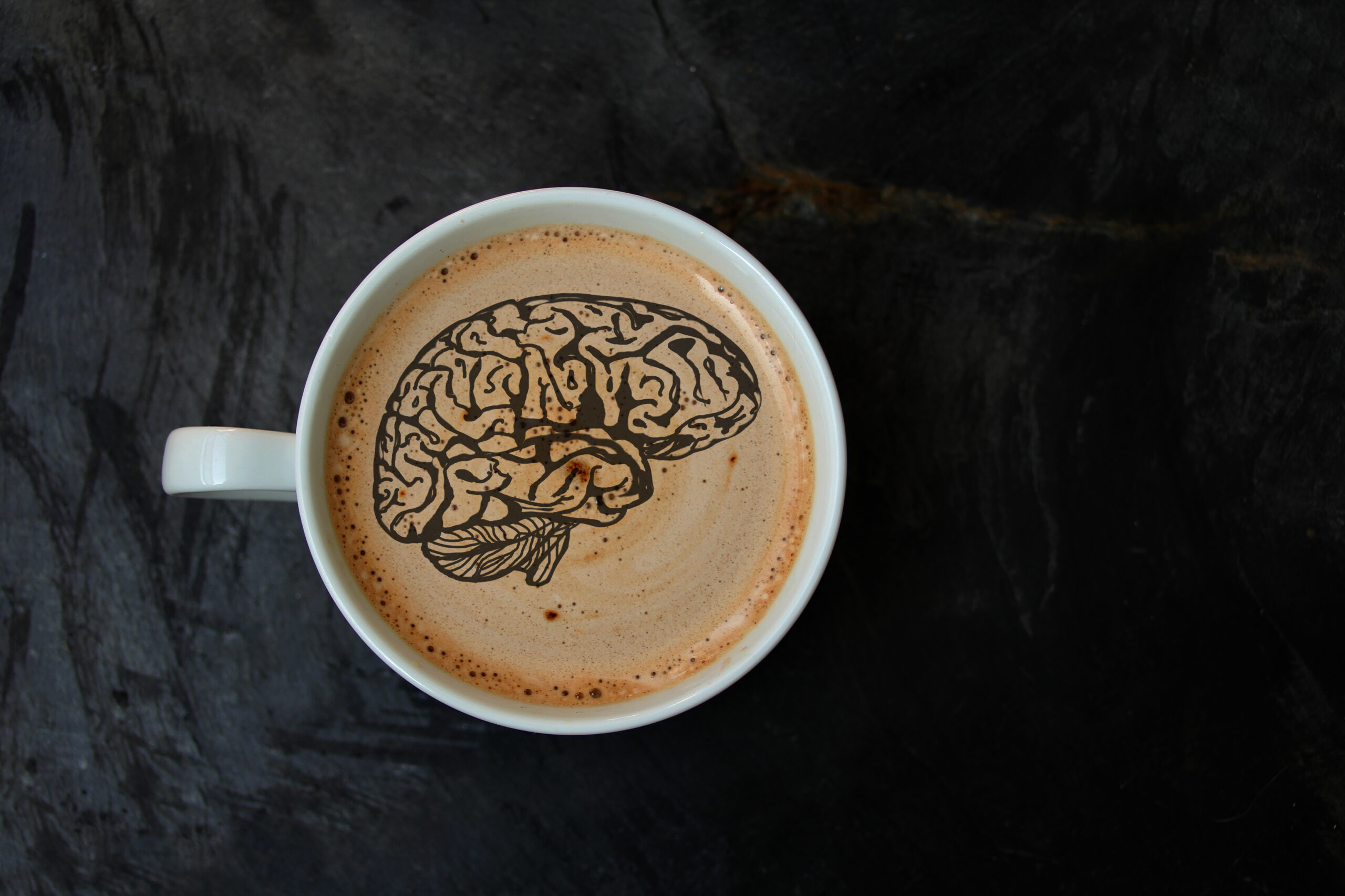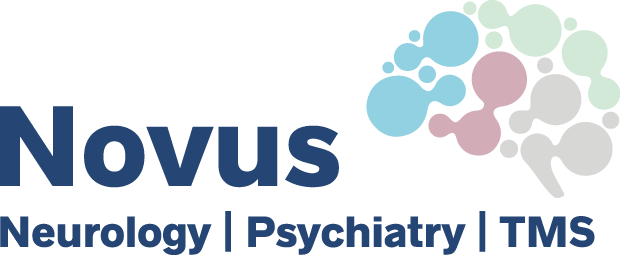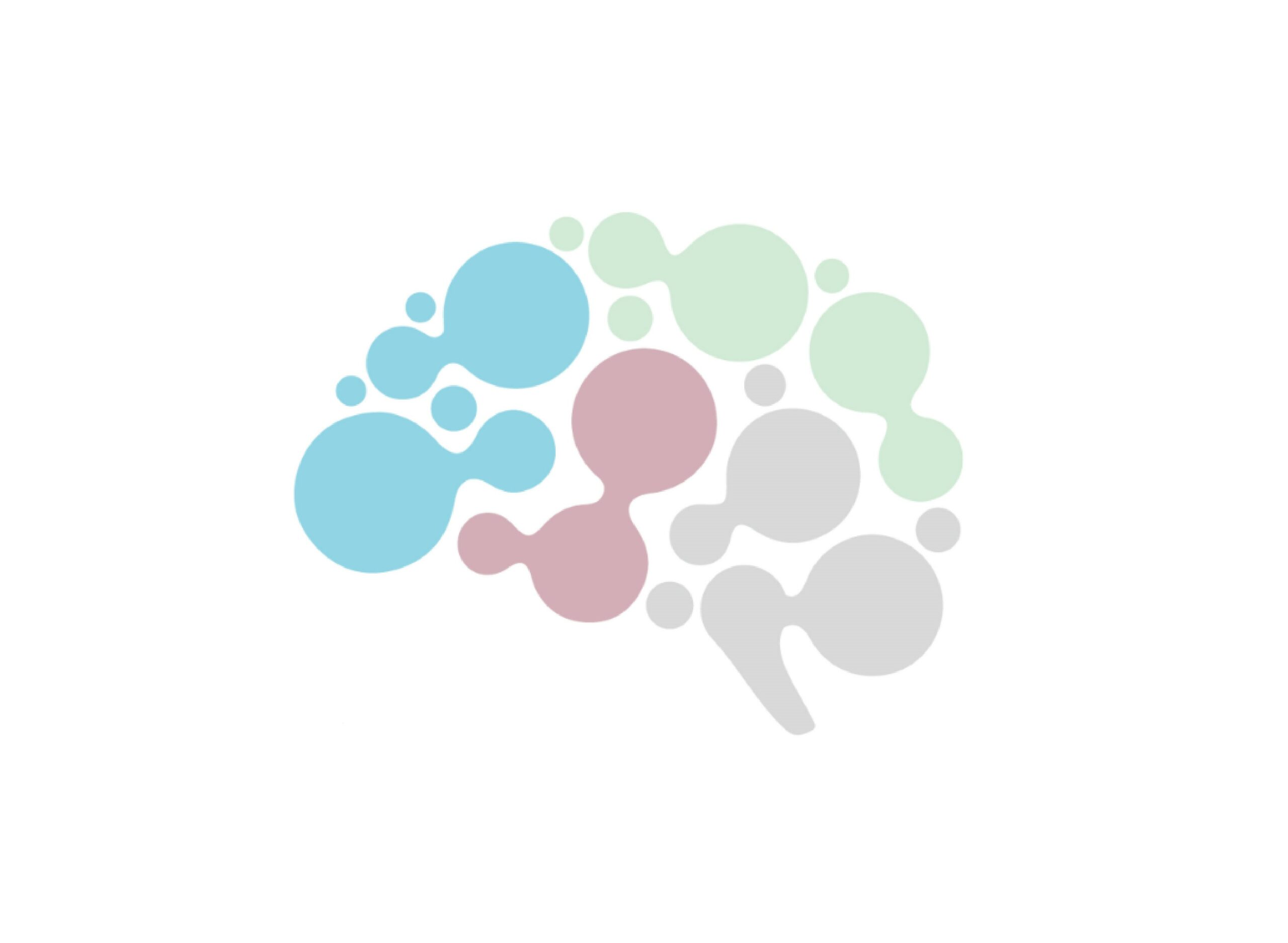
Unlocking the Secrets of Mental and Brain Health: A Neurologist’s Insight
In the intricate tapestry of human well-being, mental health and brain health stand as pillars that support our overall vitality. As a neurologist delving into the complexities of the human brain, it becomes increasingly evident that nurturing both mental and brain health is not just desirable—it is imperative.
The Interconnected Web
Our brains are remarkable organs, orchestrating a symphony of thoughts, emotions, and bodily functions. The intricate network of neurons forms the basis of our cognitive abilities, influencing how we perceive the world and navigate our lives. Mental health, on the other hand, encompasses emotional, psychological, and social well-being, affecting how we think, feel, and act.
The synergy between mental and brain health is undeniable. A healthy mind fosters a healthy brain, and vice versa. Neurologists often emphasize the symbiotic relationship between the two, highlighting the impact each has on the other’s functioning.
Mental Health: Beyond the Mind
From a neurologist’s perspective, mental health is not confined to the realm of emotions; it has tangible effects on the structure and function of the brain. Chronic stress, anxiety, and depression can lead to changes in the brain’s architecture, affecting regions associated with memory, learning, and emotional regulation.
Conversely, practices that promote positive mental health, such as mindfulness and stress management, have been shown to have neuroprotective effects. Engaging in activities that bring joy and fulfillment contributes to the release of neurotransmitters that support brain health.
The Neurobiology of Resilience
Resilience, a key component of mental health, is closely linked to the brain’s ability to adapt and recover from challenges. Neuroplasticity, the brain’s capacity to reorganize itself, plays a pivotal role in resilience. Embracing new experiences, learning, and maintaining social connections stimulate neuroplasticity, promoting mental and brain health simultaneously.
Recognizing the Warning Signs
As neurologists, we are acutely aware of the subtle signals that may indicate a deviation from optimal mental and brain health. Changes in cognition, mood swings, and alterations in sleep patterns can be indicative of underlying issues that require attention. Early intervention is crucial, as addressing mental health concerns promptly can contribute to better outcomes for both the mind and the brain.
Holistic Approaches for Optimal Well-Being
In advocating for mental and brain health, a holistic approach is paramount. This encompasses a spectrum of factors, including regular physical activity, a balanced diet rich in brain-nourishing nutrients, quality sleep, and meaningful social connections. Neurologists often collaborate with mental health professionals to provide comprehensive care that addresses both the neurological and psychological aspects of well-being. At Novus, we collaborate with our team: Novus Psychiatry, Novus Primary Care, Novus Physical Therapy, and Novus TMS.
The Road Ahead: A Collective Responsibility
Promoting mental and brain health extends beyond the realm of healthcare professionals. It is a collective responsibility that involves fostering a supportive environment, reducing stigma around mental health issues, and prioritizing self-care. As individuals, communities, and societies, we can contribute to a culture that values and prioritizes the well-being of both the mind and the brain.
From Dr. Tim Prestley’s perspective, nurturing both aspects is foundational to unlocking the full potential of our wellbeing. By recognizing the importance of mental and brain health and taking proactive steps to prioritize them, we can embark on a journey towards a healthier, more resilient, and fulfilling life.





